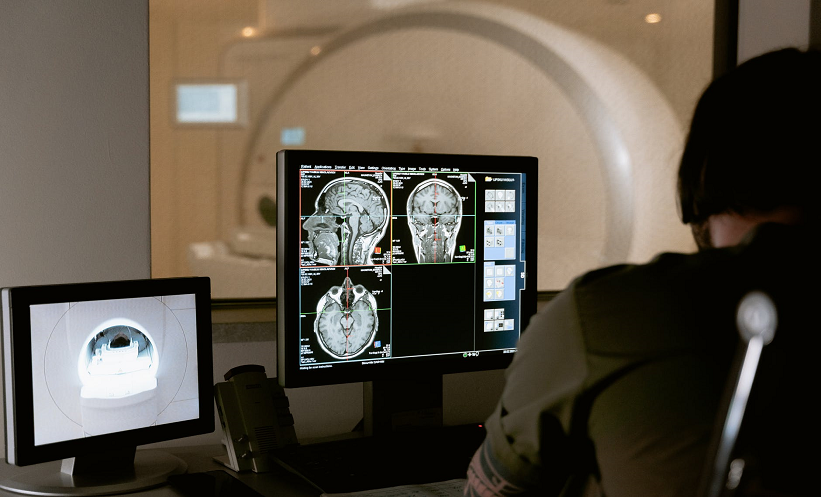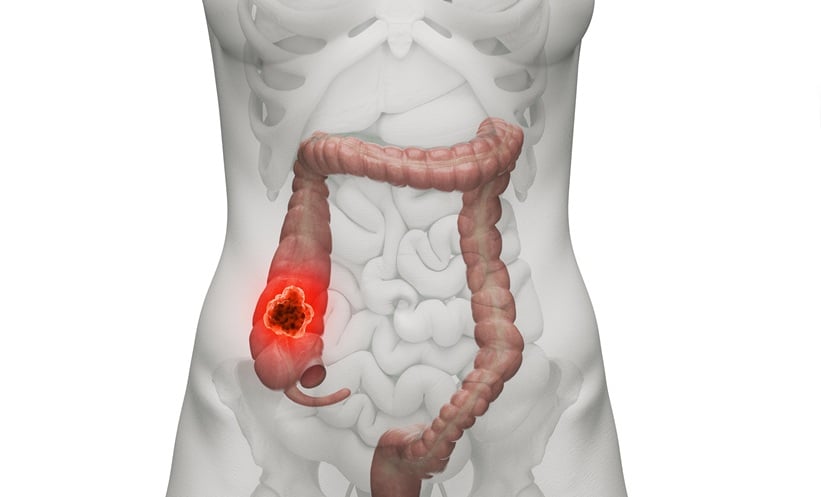BRAIN metastases occur in 10–30% of patients with cancer and are extremely difficult to treat. Prescribed drugs have the complex challenge of crossing the blood–brain barrier (BBB), with an inability to cross the BBB resulting in poor clinical response in many brain conditions. However, a novel study, the first of its kind in humans, has shown that there could be a way around this by using magnetic resonance (MR)-guided focused ultrasound.
Ying Meng and colleagues from Sunnybrook Research Institute, Toronto, Canada, showed that improving drug delivery to the brain can provide successful clinical outcomes for patients with brain metastases and other brain pathologies. The unique study involved four patients with primary human epidermal growth factor receptor 2 (HER2)-positive breast cancer and intracranial disease. All patients received the same treatment, lasting 138 minutes on average. This comprised transcranial MR-guided focused ultrasound and intravenous trastuzumab. There were no serious adverse events reported in patients of this study.
Scientists were able to visualise the distribution of trastuzumab in the brain using ultrasound. Results showed that using MR-guided focused ultrasound improved delivery of trastuzumab to the brain. Consequently, the drug was able to reduce the size of the tumour in patients with HER2-positive brain cancer. The researchers noted: “The average relative increase in delayed signal was 101%…which indicates greater retention and binding of trastuzumab to HER2 where FUS [focused ultrasound] was delivered.”
Meng revealed that all tumours targeted in the brain were either stable or reduced in size on the final follow-up MRI compared with baseline. The advantages of focused ultrasound include an ability to selectively target lesions in the brainstem, cerebellum, and cranial nerve nuclei.
MR-guided ultrasound could open doors in drug delivery to the brain in many other brain conditions. The team concluded: “By demonstrating improved therapeutic binding and activity in four HER2-positive patients with progressive brain metastases, this study established a non-invasive image-guided method of delivering antibody therapy across the BBB.”








